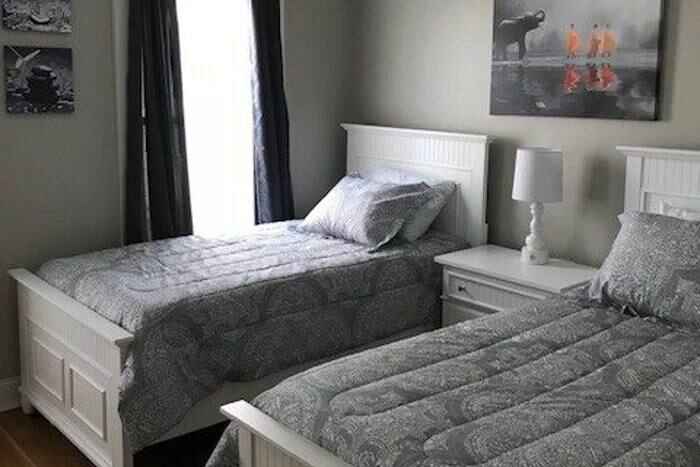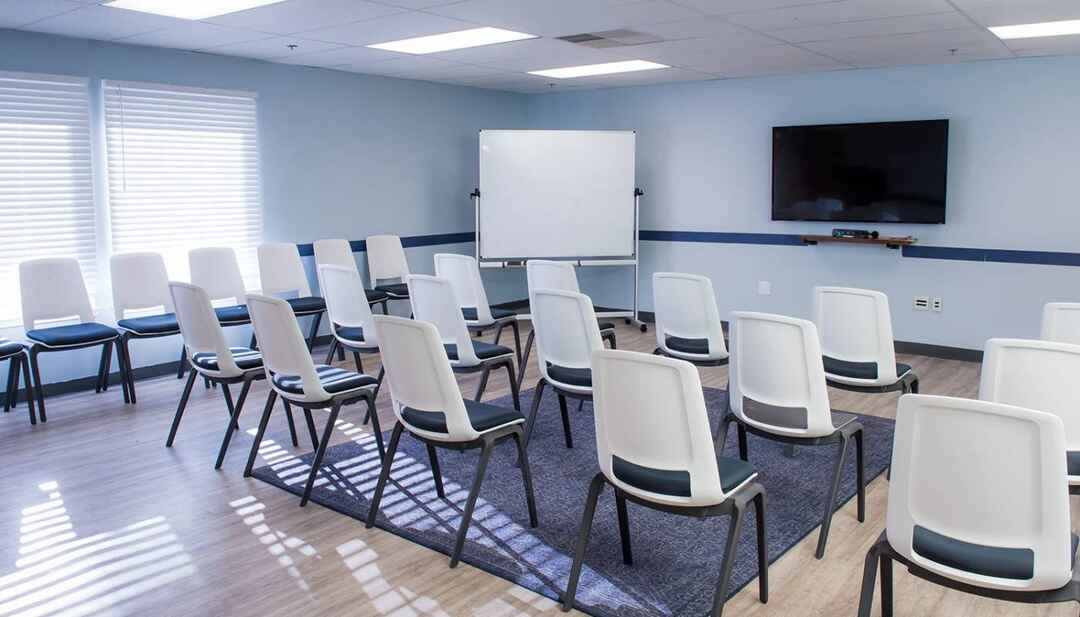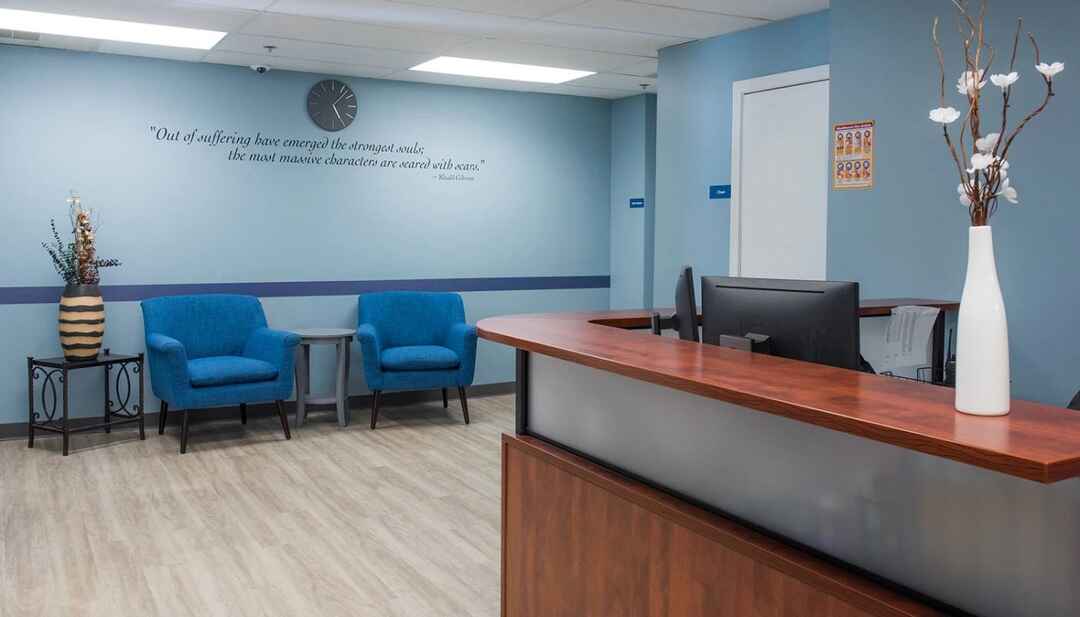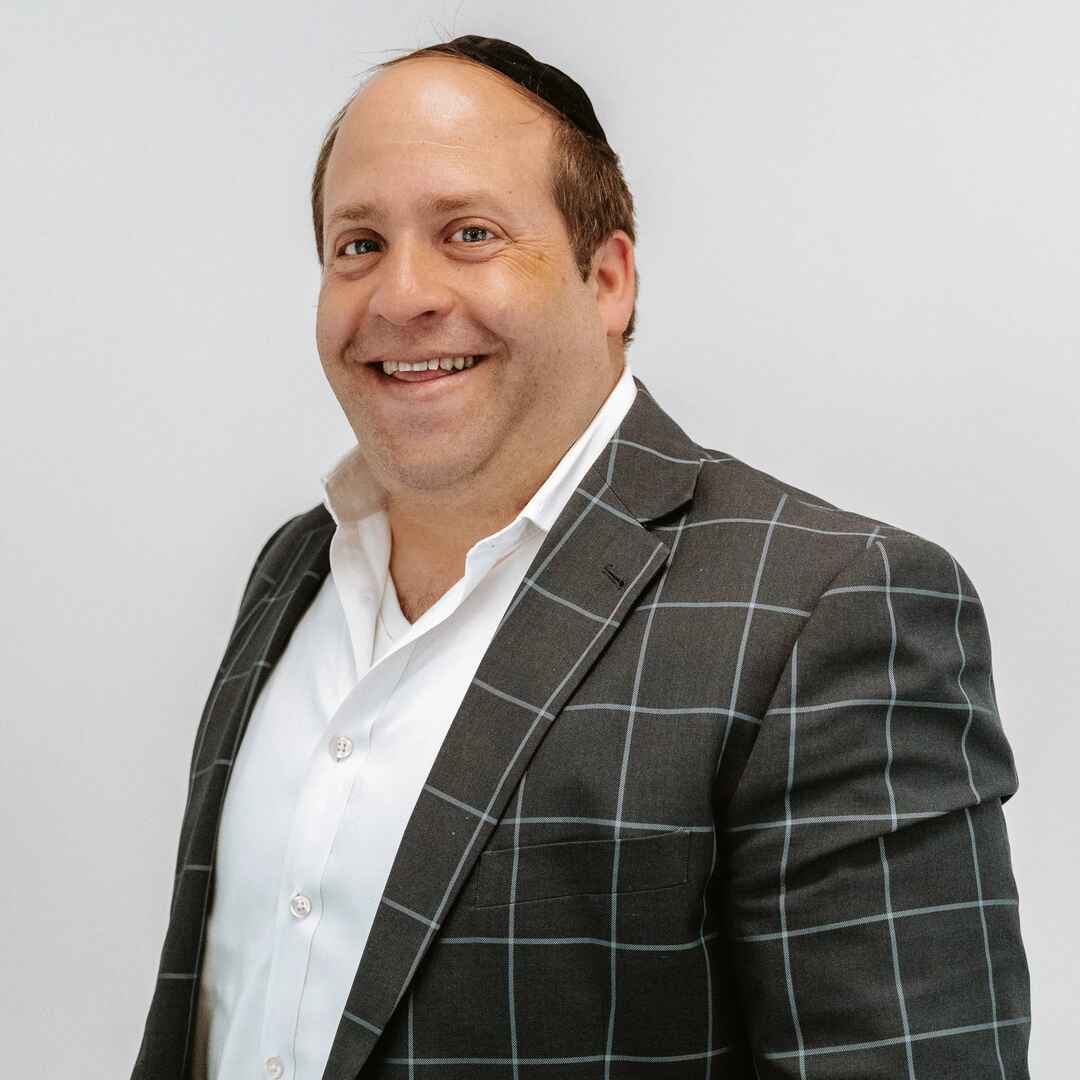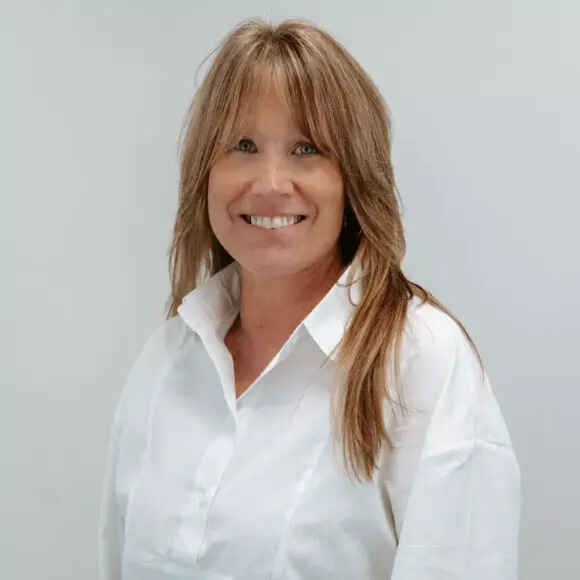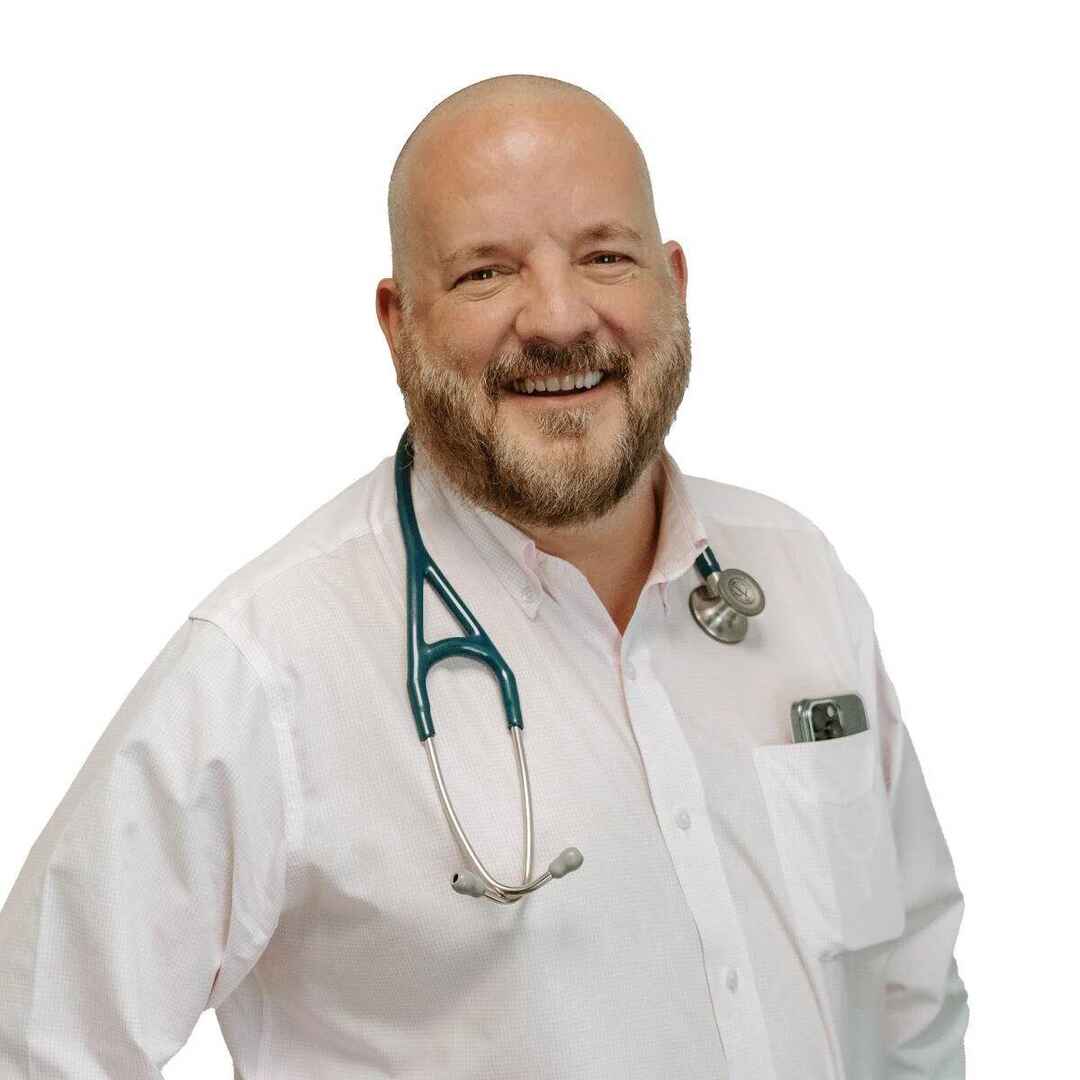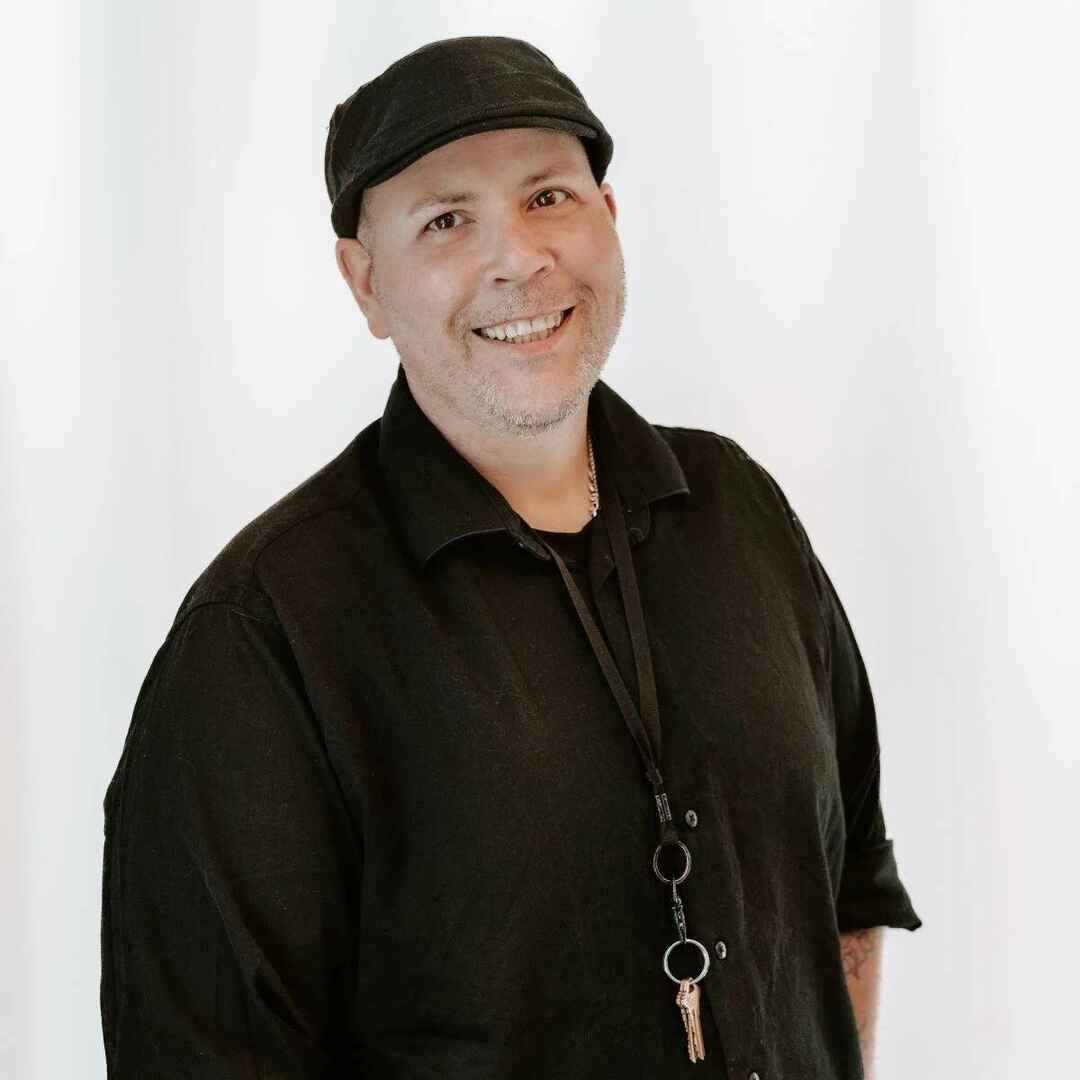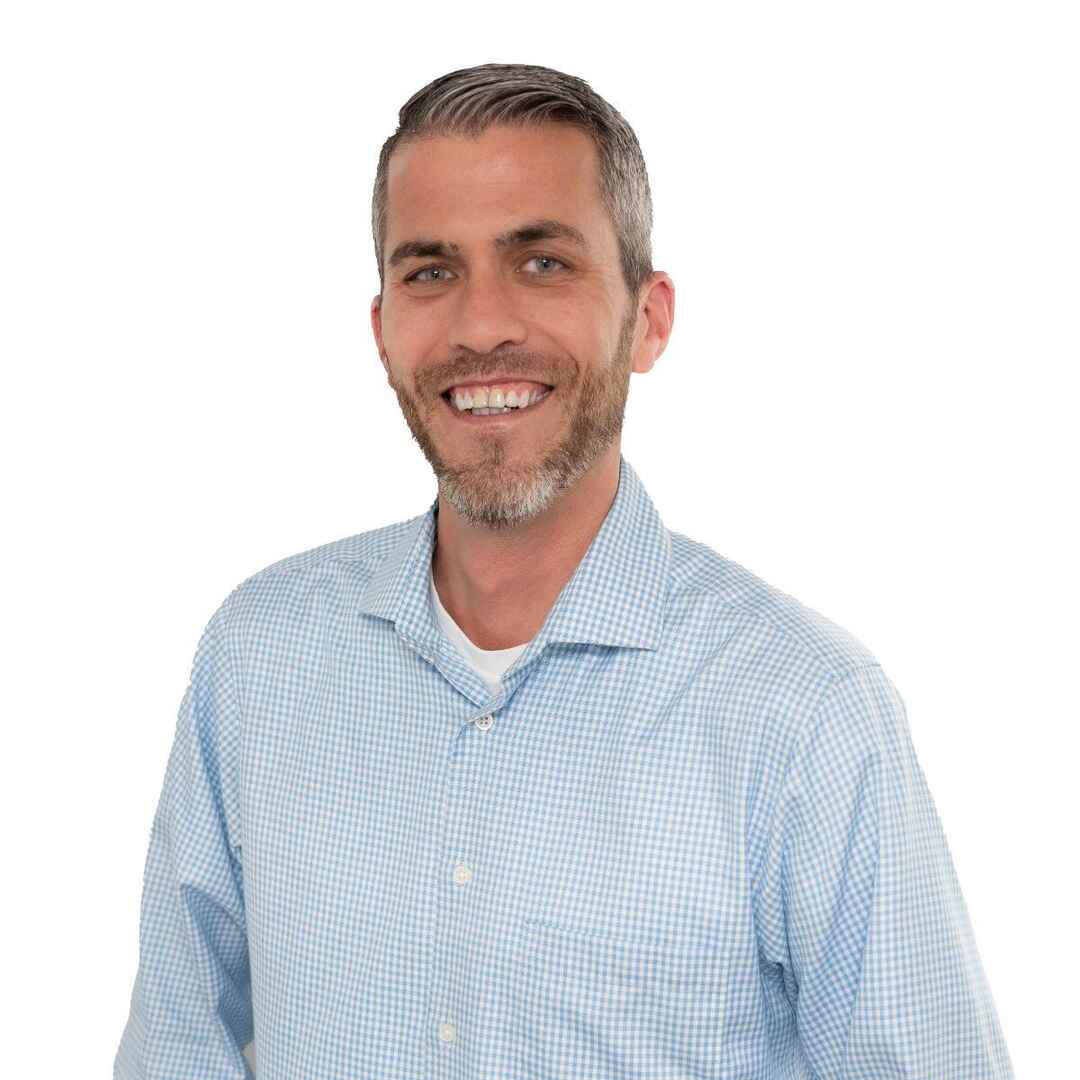About Avenues Recovery Center: Drug & Alcohol Rehab – New England – Concord
Avenues Recovery Center at New England is a drug and alcohol rehabilitation facility in Concord, New Hampshire. Avenues serves adult clients by offering a full continuum of care for addiction that heals the mind, body, and spirit. They are a private facility with modern amenities.
Avenues offers levels of care for clients at every step of the recovery process. They strongly believe in family involvement in the recovery process.
Medically monitored detox is the safest way for a client to undergo detoxification and is usually the first step toward recovery. Clients stay in the facility so they can be watched and cared for by the medical team as they undergo detoxification. Medication may be used to help clients cope with withdrawal. Once their system is clean, the client continues to the next step in their treatment plan.
The residential program is a high level of care where clients live at the facility for the duration of treatment. The residence is monitored by staff 24 hours a day. The residence is a supportive community with restrictions in place to reduce the risk of relapse and minimize distractions.
Clients are given a daily schedule of recovery activities, including individual and group therapy and education groups. The multidisciplinary uses multiple types of therapy to provide clients with effective, individualized care. The ultimate goal of treatment is to give clients.
PHP is designed to help clients transition from inpatient to outpatient care. At this point, clients live at home and travel to the facility to receive treatment for five hours a day, five days a week. Clients participate in the same types of recovery programs in PHP as they would in outpatient.
IOP follows PHP and is very similar, but clients are in treatment for three to four hours a day, three days a week, during IOP. As clients continue to receive treatment, more emphasis is added on strengthening family relationships and securing or returning to work to better prepare clients for completing the course of treatment.
The outpatient program is the lowest level of care and is best considered a form of maintenance. Clients only visit the facility for one session every week.
Sober living homes can help clients ease back into their lives post treatment by giving them a community based living space to practice their recovery skills as they resume work, school, or other responsibilities. The sober living house is largely independent and less restrictive than inpatient care, but it’s still staff supervised, and clients are required to participate in group recovery meetings as well as provide for themselves and maintain the home.
